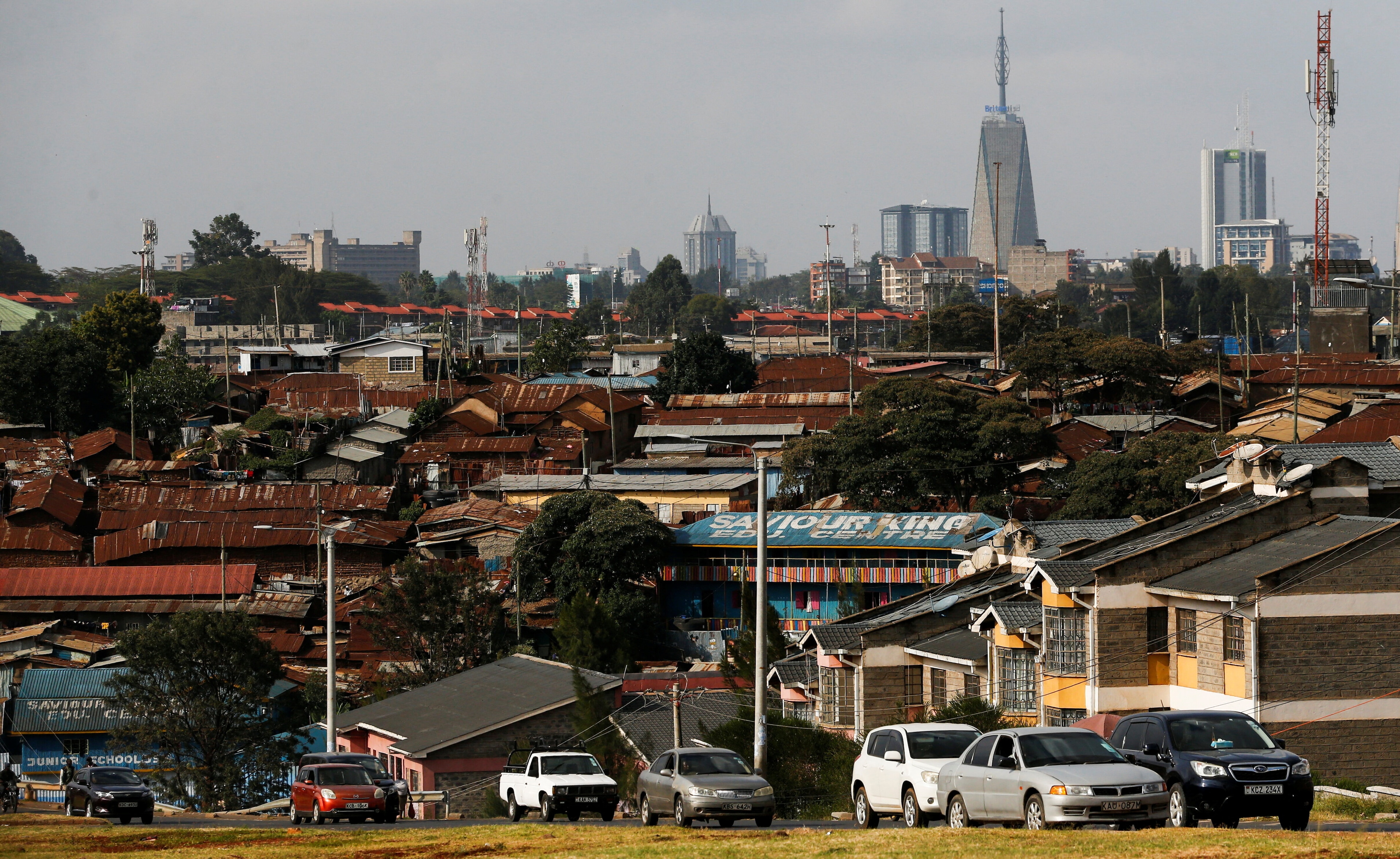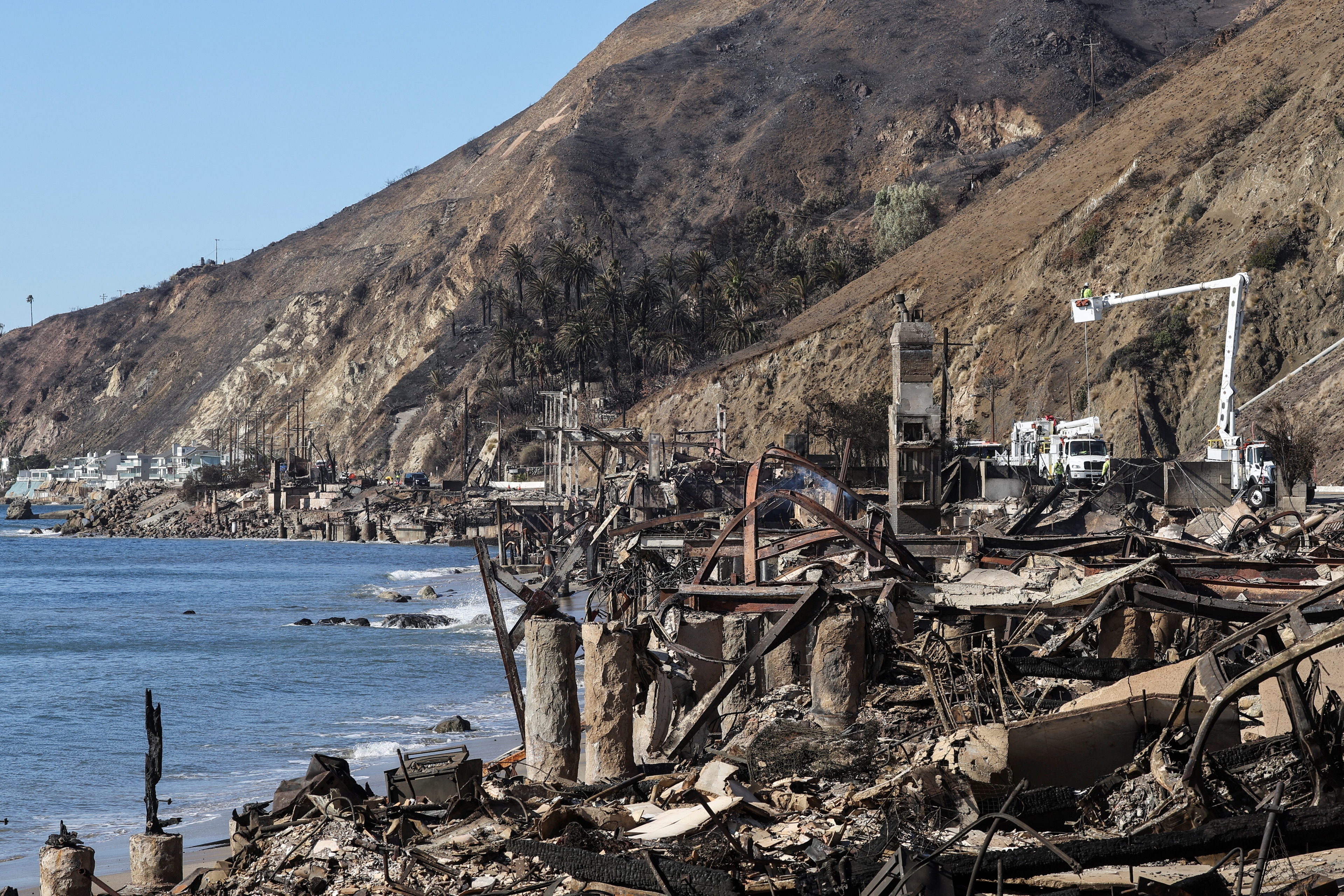The fate of the EU, good news for investment bankers and shoppers descend on malls for Black Friday

Stay up to date:
Retail, Consumer Goods and Lifestyle
This article is published in collaboration with FirstFT.
The daily briefing “FirstFT” from the Financial Times.
The EU risks suffering the same fate as the Roman empire if it does not regain control of its borders and stop the “massive influx” of refugees from the Middle East and central Asia, the Dutch prime minister has warned.
Mark Rutte, whose government assumes the EU’s rotating presidency in January, said southern EU countries had yet to implement policies agreed to stem the flow, which hasexceeded 850,000 arriving by sea so far this year, according to the International Organisation for Migration. (FT)
In the news
Good news for investment bankers Their employers look set to do whatever it takes to keep top performers happy in 2016’s bonus season. Senior bankers and consultants say even Europe’s flagship investment banks — which are in the throes of big restructuring programmes — will pay out for their best people despite slimmer profits in some businesses. (FT)
Sarkozy swipes at multiculturalism At a political rally in Alsace, the former French president and leader of the centre-right opposition told supporters that multiculturalism had made western democracies vulnerable to Islamist extremists. His solution: bring back “eternal France”. (FT)
Chinese state companies root for the home team The so-called “national team” owns at least 6 per cent of the mainland stock market as a result of the massive state-sponsored rescue effort this year to prop up share prices following the summer equity crash. (FT)
Bollywood star speaks out A fierce debate over intolerance in India has gone viral after Aamir Khan stirred a firestorm of nationalist criticism by discussing what he called a growing “sense of fear” in the country. In response to the backlash, he affirmed his loyalty to the country but said: “To all the people shouting obscenities at me for speaking my heart out, it saddens me to say that you are only proving my point.” (FT)
China’s military foothold in Africa Beijing confirmed that it plans to build a logistics facility for its navy in Djibouti that experts say is likely to become its first overseas military base and a platform for operations around the Middle East and Africa. (WSJ)
It’s a big day for
US retailers Shoppers descend on malls for Black Friday, a day of massive sales that marks the traditional start of the holiday shopping season. The day is crucial for retailers — last year, consumers spent an average of $380.95 per person, for a total of $51bn in store and online purchases during the long weekend. (FT)
Food for thought
Eagles of Death Metal discuss terror attacks In an emotionally charged interview with Vice News, the members of the band described what happened that night — including how they fled, where they hid and what they saw. Vocalist Jesse Hughes says he wants to be “the first band to play when it opens back up”. (FT)
Dealing with a humbled Putin Sanctions are hitting Moscow where it hurts, and Ukraine has turned into a mire, writes Philip Stephens. But the west must be canny in how it deals with a Vladimir Putin who has “lost some of his shine”. (FT)
Food porn in the 16th century Millions of Americans took to Instagram to celebrate Thanksgiving with artfully styled images of turkey and stuffing and yams. This glorification of gluttony may seem a modern invention, but there is “a long history of different cultures taking part in obnoxious public displays of meals”. (The Atlantic)
Goldman Sachs enlists rugby guru Eddie Jones, the coach who led Japan’s national rugby team to a spectacularly improbable victory over South Africa during this summer’s World Cup, is to join the advisory board of Goldman Sachs in Tokyo. His input, however, would “definitely not be about banking”. (FT)
Video of the day
Are bankers’ bonuses worthwhile? Deutsche Bank co-chief executive John Cryan spoke out against high pay in finance and questioned whether bonuses are effective incentives. The FT’s Robert Armstrong and Jonathan Guthrie debate the merits. (FT)
Publication does not imply endorsement of views by the World Economic Forum.
To keep up with the Agenda subscribe to our weekly newsletter.
Image: People walk through a shopping centre. REUTERS/Thomas Peter.
Don't miss any update on this topic
Create a free account and access your personalized content collection with our latest publications and analyses.
License and Republishing
World Economic Forum articles may be republished in accordance with the Creative Commons Attribution-NonCommercial-NoDerivatives 4.0 International Public License, and in accordance with our Terms of Use.
The views expressed in this article are those of the author alone and not the World Economic Forum.
Related topics:
Forum Stories newsletter
Bringing you weekly curated insights and analysis on the global issues that matter.
More on Financial and Monetary SystemsSee all
Mark Gough and Naoko Ishii
September 15, 2025
Eneida Licaj and Genevieve Sherman
September 10, 2025
Seham Farouk and Sourajit Aiyer
September 9, 2025
Harry Yeung
September 4, 2025
Rebecca Geldard
September 4, 2025
Ekhosuehi Iyahen, Daniel Murphy and Andre Belelieu
August 27, 2025





